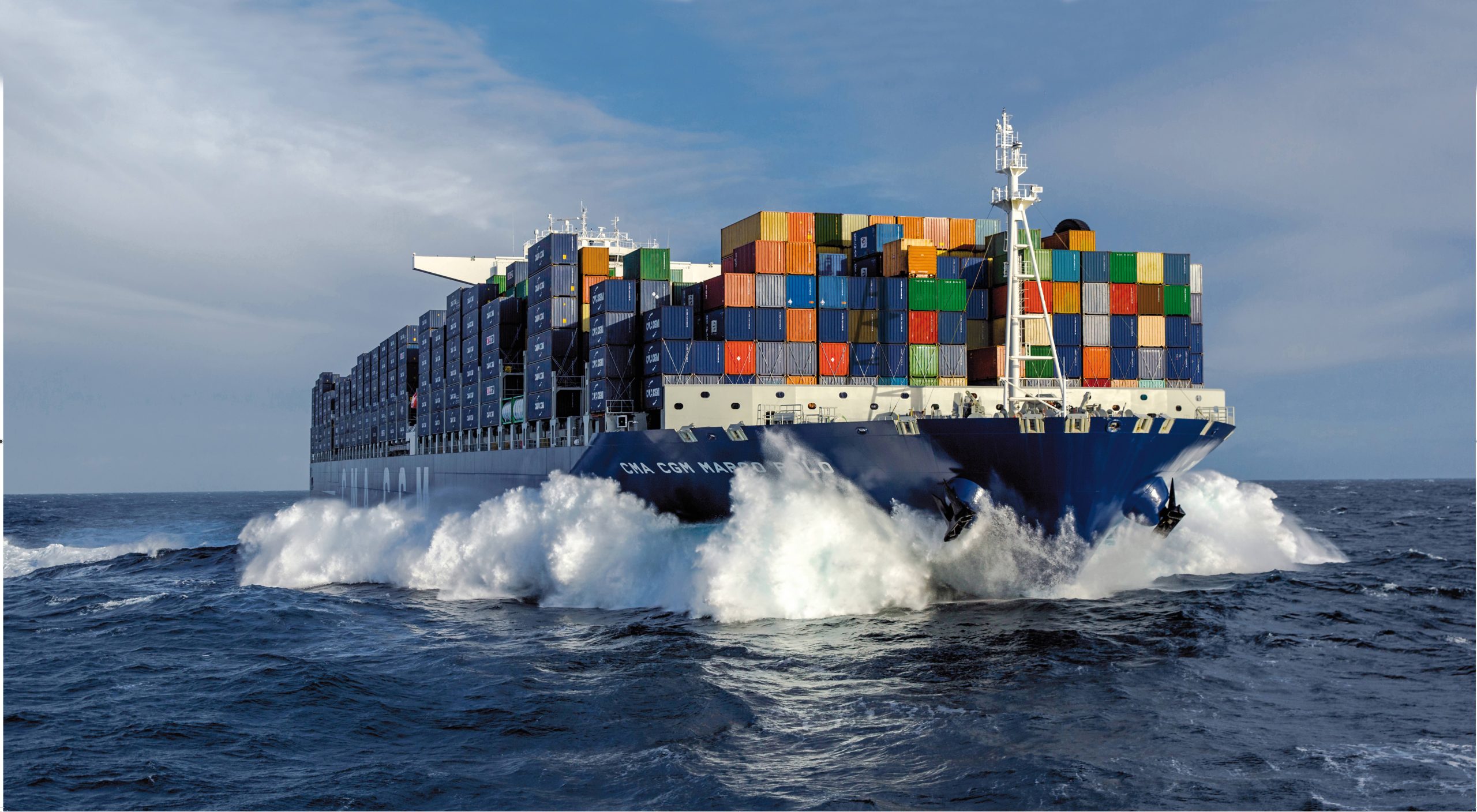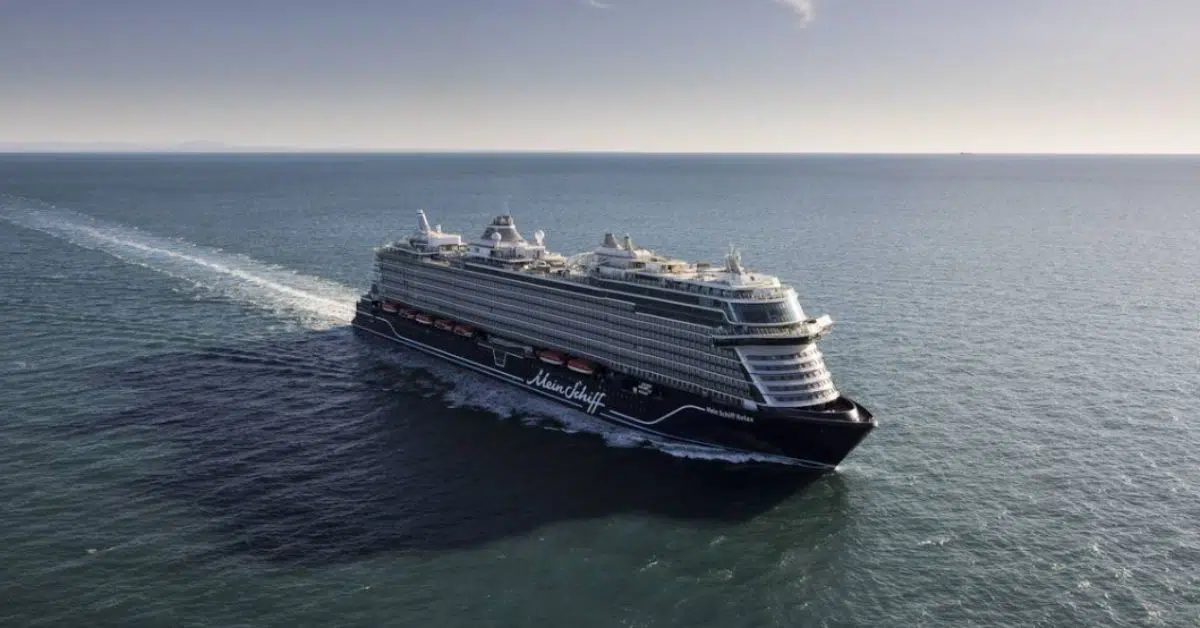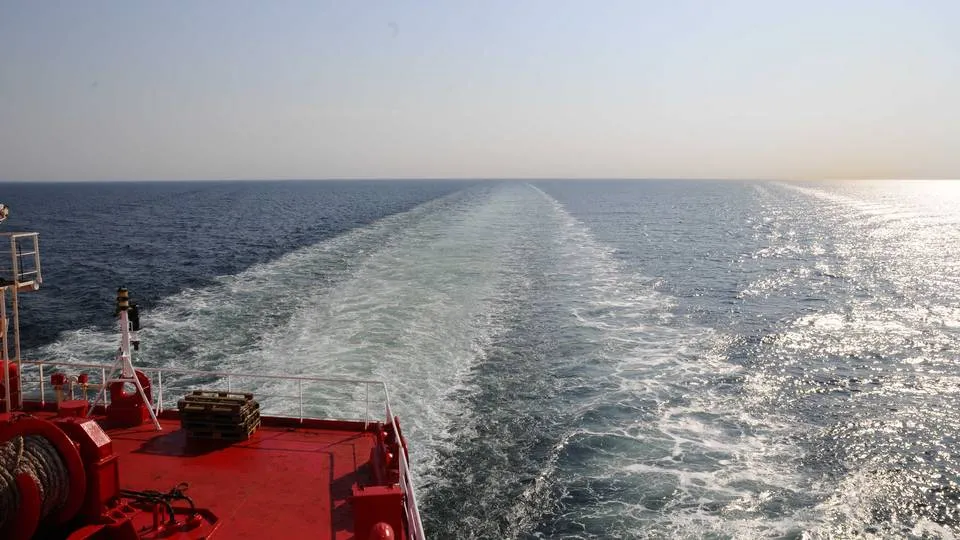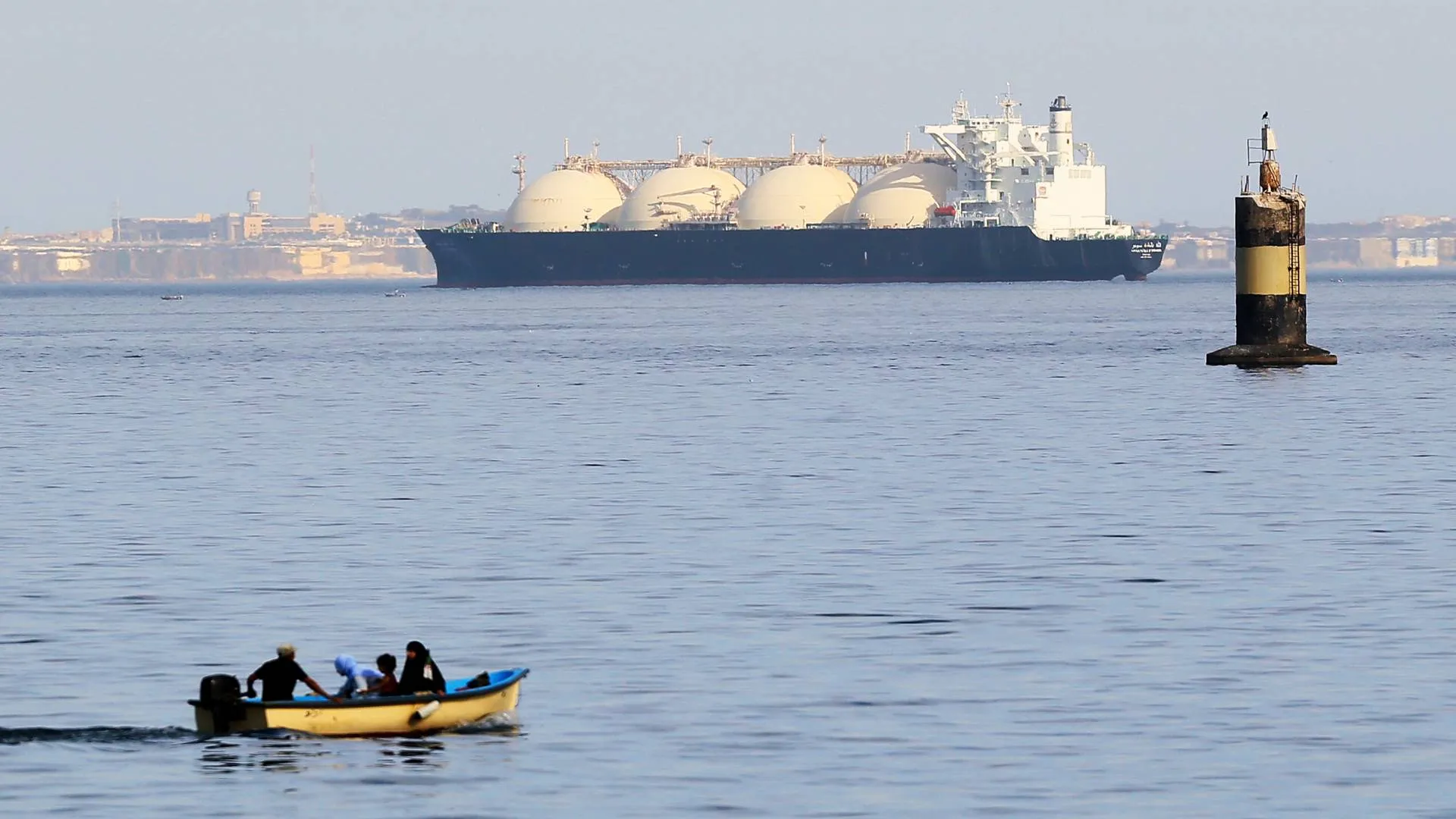A cargo ship narrowly avoided grounding after its rudder fell off, and New Zealand’s TAIC report highlights the need for careful oversight and quality assurance during installation of safety-critical components and for strong international safety standards.
On 24 July 2023, the cargo ship Achilles Bulker, fully loaded and under pilotage, was outbound from Tauranga.
The ship deviated from the center of the channel shortly after clearing the harbor entrance. As the crew and onboard pilots tried to steer it back on course, the ship’s rudder broke off. With steering impossible, the vessel drifted towards shallow water.
Grounding was averted thanks to swift coordinated action by the pilots and crew successfully deploying both anchors.
Fixed into the base of the rudder assembly was a heavy hinge pin (pintle), which could rotate freely in a matching socket (gudgeon), enabling the rudder to turn. During 2021 dry-dock maintenance, the pintle was removed and refitted, but the securing parts installed had weak, porous welds. After the ship returned to service, those welds broke under vibration.
With its securing parts broken, the nut that retained the pintle as part of the rudder assembly unwound itself. Sometime before the incident off Tauranga, the pintle dropped unnoticed from its casting and sank. Without a pintle, the bottom of the rudder increasingly moved side to side and fore and aft. This exerted sideways forces beyond the designed strength of the coupling plate (palm) at the top that joined the rudder to the solid shaft (stock) that connected to the ship’s internal steering mechanism.
Fatigue cracks grew until the rudder fell off. The rudder palm developed fatigue cracks that grew steadily until the palm fractured completely on both sides of the rudder stock, and the whole rudder blade dropped off.
TAIC recommends that:
• The shipyard that did the dry dock work on this ship implement robust quality assurance procedures for rudder pintle installation. (TAIC has notified the Maritime Safety Administration of China of this recommendation).
• Maritime NZ work with the IMO to promote enhanced global standards for quality assurance of rudder systems during installation, maintenance and repairs.




